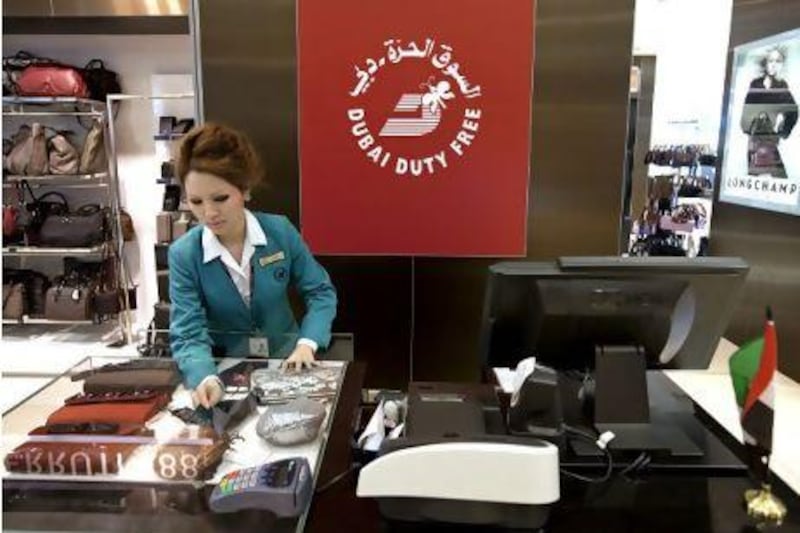Investment Corporation of Dubai has launched a US$2 billion (Dh7.34bn) loan syndication, the biggest such deal to have come to the market anywhere in the region this year.
The Dubai-based holding company, owned by the emirate's Government, owns many of the crown jewels of its corporate portfolio, including Emirates Airline Dubai Electricity and Water Authority(Dewa) and Dubai Duty Free.
But the deal will test loan markets' appetite for a loan of this size.
The company plans to raise $2bn in five-year funding through Islamic and conventional financing facilities to refinance the remaining third of a $6bn funding package that comes due in August this year. ICD previously repaid $4bn of those borrowings in full in August 2011.
"ICD will be hosting a bank meeting in Dubai during the week commencing 24 March 2013," the company said in a statement.
ICD appointed Abu Dhabi Commercial Bank, Citi, Commercial Bank of Dubai, Emirates NBD and HSBC to arrange the conventional facilities, and hired Abu Dhabi Islamic Bank, Dubai Islamic Bank and Standard Chartered to arrange the Islamic financing.
The deal would "test the waters" of syndicated markets amid signs that banks were reluctant to take part in big corporate lending deals, said Ahmad Alanani, a senior executive officer at Exotix, a boutique investment firm.
"My understanding is that the loan market doesn't have much capacity for what they're looking to do," he said.
"But the market has been willing and welcoming of Dubai borrowers as of late."
Although UAE banks could face hurdles in participating because of proposed Central Bank restrictions on exposures to big government-related entities, liquidity was abundant in Islamic markets, he added.
New limits on government lending, intended to prevent a default by a government-related company from creating a cascading effect upon the banking sector, are currently under negotiation between the Central Bank and the UAE Banks Federation following disagreement between lenders and the banking regulator last year.
Bank lending in the UAE grew at a comparatively slow rate of 2.6 per cent last year to Dh1.099 trillion, according to the most recent data available from the Central Bank.





